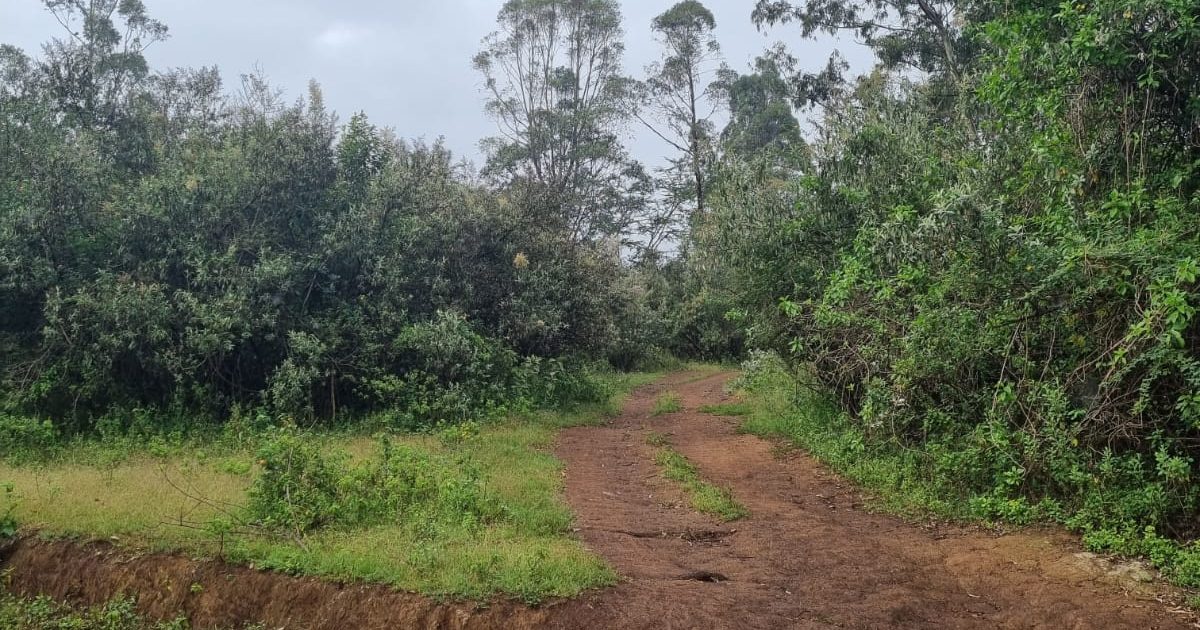An environmental expert has advised smallholder farmers in Nakuru County to be at the forefront in augmenting the country’s ambitious project of planting 15 billion trees by the year 2032 by practicing agroforestry.
Environmentalist David Maina said agroforestry could play a significant role in increasing tree cover in the country since 80 percent of land is owned by smallholder farmers, hence their active participation is substantial.
He was speaking today at Kampi ya Moto in Rongai Sub-county during a tree planting exercise.
Maina explained that agroforestry is a land use management system that integrates trees and shrubs with agricultural crops or livestock, and that by incorporating trees into the landscape, farmers could benefit from increased crop yields, improved soil fertility, plus diversified income streams from timber, fruits, nuts, and other products.
He noted that trees in agroforestry systems helped prevent soil erosion and improve soil structure, and this is crucial in Rongai, where soil erosion and land degradation has posed a lot of challenges for the farmers, who at times wake up and find some of their roads have sunk due to intense storm water.
He said agroforestry systems contribute to better water management because trees help in maintaining water tables, reducing surface runoff, and enhancing water infiltration, which is especially important in areas prone to water scarcity and drought, as was often the case in the county.
Besides, he noted that trees in agroforestry systems acted as carbon sinks, helping to mitigate climate change by repossessing carbon dioxide from the atmosphere, which is important not only for global climate concerns but also for local climate resilience.
He commended the government for setting aside a national tree planting day and for involving communities in the exercise to enhance the sustainability of tree planting efforts in the country.
Moreover, Maina said providing communities with the knowledge and resources to manage agroforestry systems could lead to long-term benefits such as improved livelihoods and community resilience.
However, he said that to implement successful agroforestry initiatives in Nakuru County, it was crucial to consider local ecological conditions, community needs, and long-term sustainability.
Maina also called for collaborative efforts involving government agencies, NGOs, and the local communities to help drive the adoption of agroforestry practices and contribute to increased tree cover countrywide.
By Veronica Bosibori





